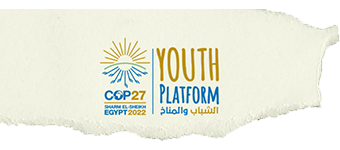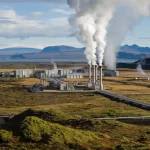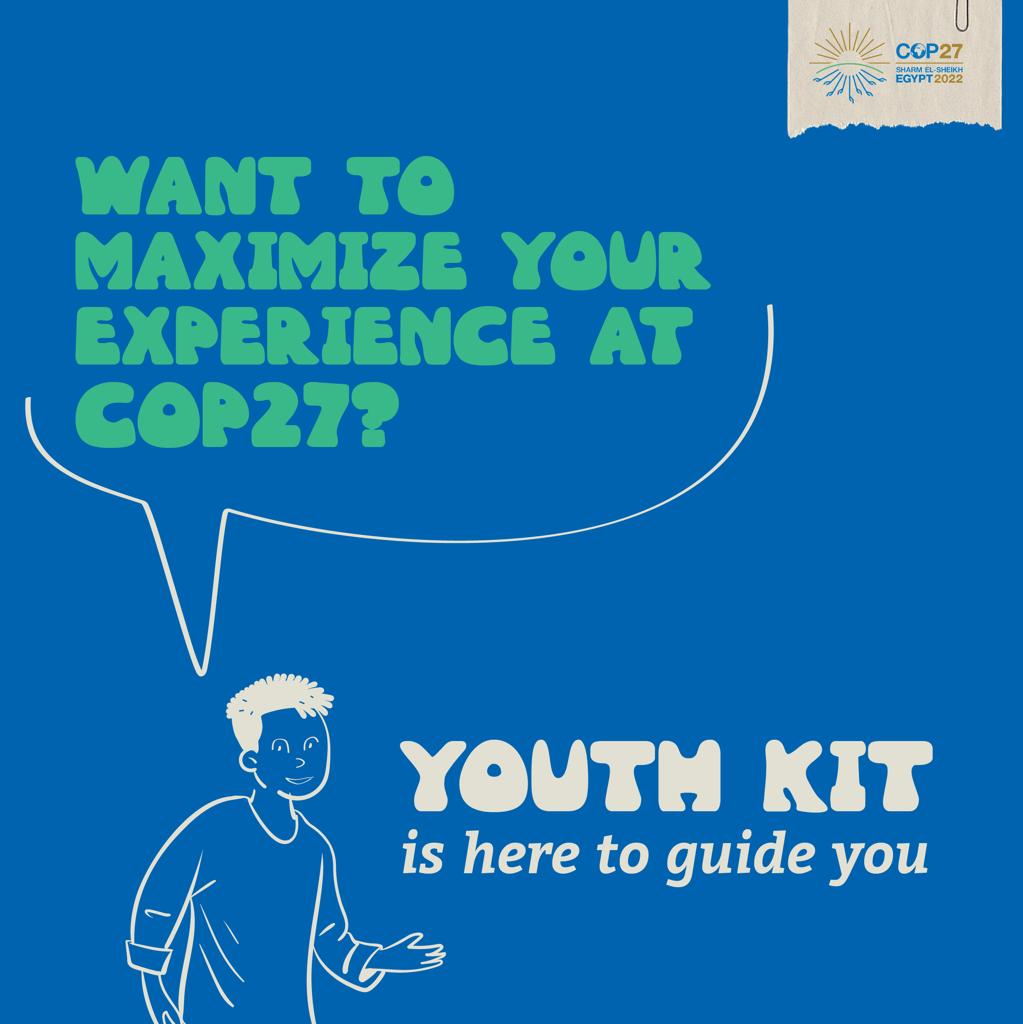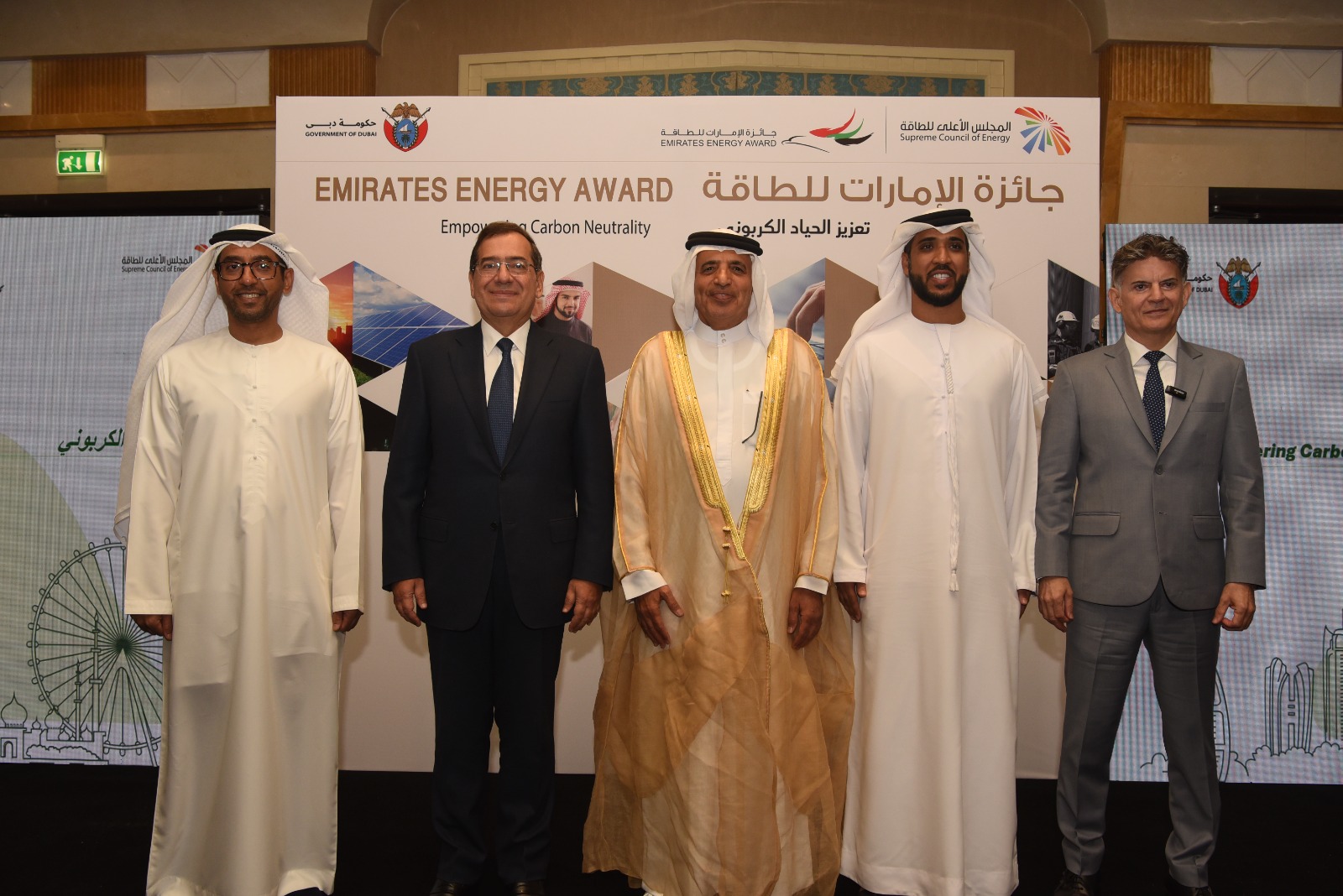Today, Emirates Airlines carried out a test flight of one of its Boeing 777-300ER aircraft, powered by two GE90 engines, using 100% sustainable aviation fuel (SAF) in one of the two engines.
The plane took off from Dubai International Airport, piloted by Captain Khaled Nasser Akram and Captain Vali Vagidar, and flew for more than an hour along the Dubai coast.
The test flight with 100% sustainable aviation fuel is of particular importance with the UAE declaring 2023 the “Year of Sustainability”. During the year, the UAE’s commitment to searching for innovative solutions to various challenges, such as energy, climate change and other issues related to sustainability, will be highlighted.
The flight helps launch the industry’s collective efforts to enable the future of aviation with 100% sustainable fuel, and also contributes to the UAE’s sustainability goals.
The first of its kind
The Emirates test flight is the first of its kind in the Middle East and North Africa to operate on 100% sustainable fuel, and the flight supports efforts to reduce carbon dioxide emissions, as the industry looks to expand its use of this type of fuel.
It also helps improve the operating platform for future sustainable fuel offerings, and also supports future certifications, to agree to use 100% sustainable fuel to operate aircraft.
There is currently approval for the use of sustainable fuels in all aircraft, but only with a blend of up to 50% conventional jet fuel.
Emirates has worked with its partners, GE Aerospace, Boeing, Honeywell, ENOC Group, Nest and Varinet, to develop a sustainable fuel blend that is comparable to the properties of conventional jet fuel.
A range of chemical and physical fuel characteristics and properties were measured in each blend ratio, and after several rigorous laboratory tests and trials, the partners came up with a blend ratio that reflects the properties of jet fuel.
Four tonnes of sustainable aviation fuel was blended, consisting of 75% HEFA-SPK (Hydrolyzed Esters, Fatty Acids and Synthetic Paraffinic Kerosene) provided by Nest and 25% HDO-SAK from Virent (Synthetic Aromatic Kerosene) from Virent.
Sustainable aviation fuel as a safe and reliable fuel source
One of the GE90’s two engines was powered by 100% sustainable fuel, while the other was powered by conventional aviation fuel.
The test flight also demonstrates the viability of sustainable aviation fuel as a safe and reliable fuel source.
The promising outcome of this initiative also adds to the body of industry data and research on sustainable fuel blends at higher rates, paving the way for the standardization and future approval of 100% sustainable fuel as an alternative to conventional jet fuel, well above the 50% blend currently approved.
Adel Al Redha, Chief Operating Officer, Emirates Airlines, said: “This flight is a milestone for Emirates Airlines and a positive step for our industry, as we work collectively to address one of the biggest challenges, which is reducing carbon emissions.” 100% sustainable fuel aviation.
Al-Ridha explained that such initiatives mainly contribute to enhancing industry knowledge about sustainable fuels, and provide data to prove the validity of using a higher mixture of this fuel to obtain regulatory approvals in the future, expressing his hope that test flights, such as this one, will help open the door to Expanding the sustainable fuel supply chain, making it more widely available and available across geographies, and most importantly, affordable for wider industry adoption in the future.”
A big step towards achieving climate neutrality
For his part, Saif Humaid Al Falasi, CEO of ENOC Group, praised this achievement, especially as it comes in conjunction with the declaration of His Highness Sheikh Mohammed bin Zayed Al Nahyan, President of the State, for the year 2023 as the “Year of Sustainability” in the United Arab Emirates, and stressed that it represents a major step towards reducing carbon dioxide emissions and achieving climate neutrality.
His Excellency added: “The ENOC Group is keen to cooperate with its strategic partners with the aim of implementing the national roadmap for sustainable fuel for aircraft, which aims to accelerate the decarbonization of the aviation sector, contribute to achieving the country’s goals in climate neutrality, enhance fuel efficiency and preservation, and make the UAE a hub regionally for sustainable aviation fuel.
The ENOC Group plays a major role in supplying Dubai airports with aviation fuel, and contributes to this great achievement by providing the group with sustainable aviation fuel and its blends, and it will have an active role in the future in securing this type of fuel in the UAE.”
Aziz Koleilat, Vice President, Global Sales and Marketing for the Middle East, GE Aerospace, said: “I congratulate Emirates Airlines on this achievement.
Sustainable fuels are critical to helping the aviation industry reach its goal of achieving net zero emissions by 2050, and collaboration between stakeholders on such a global pilot of sustainable fuels will help us move closer to achieving that goal.
All of our engines can run on certified sustainable fuel blends today, and we are helping to support 100% sustainable fuel licensing and certification.”
Omar Erekat, Vice President, Middle East Sales and Marketing, Boeing, said: “We congratulate Emirates Airlines on this successful test flight using sustainable fuel, which will play an important role in the aviation industry’s commitment to achieving net zero emissions by 2050, which requires strong cooperation between the various sectors of the industry.
We are proud of our partnership with Emirates Airlines on these tests and we look forward to working more with our partners to enable you












